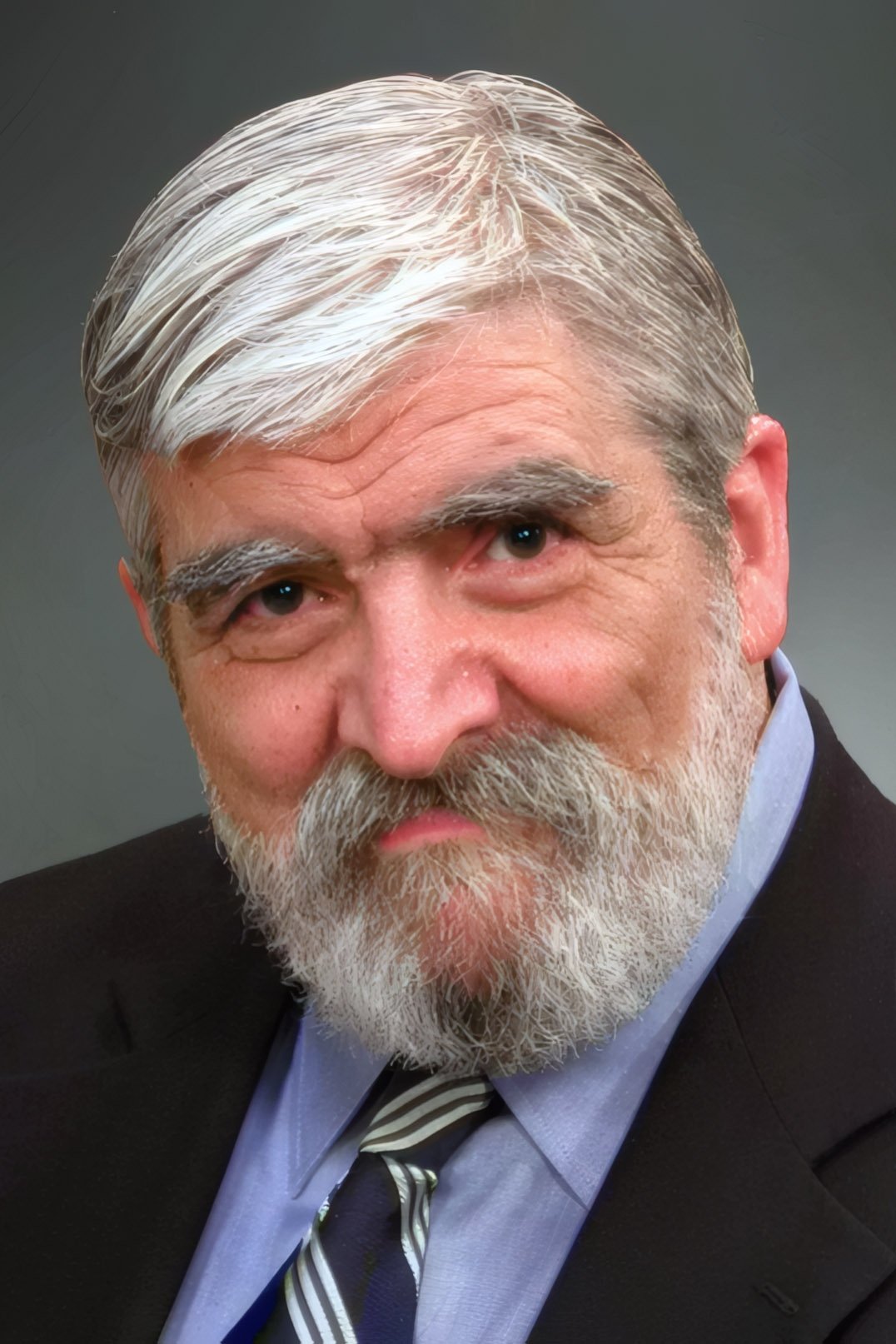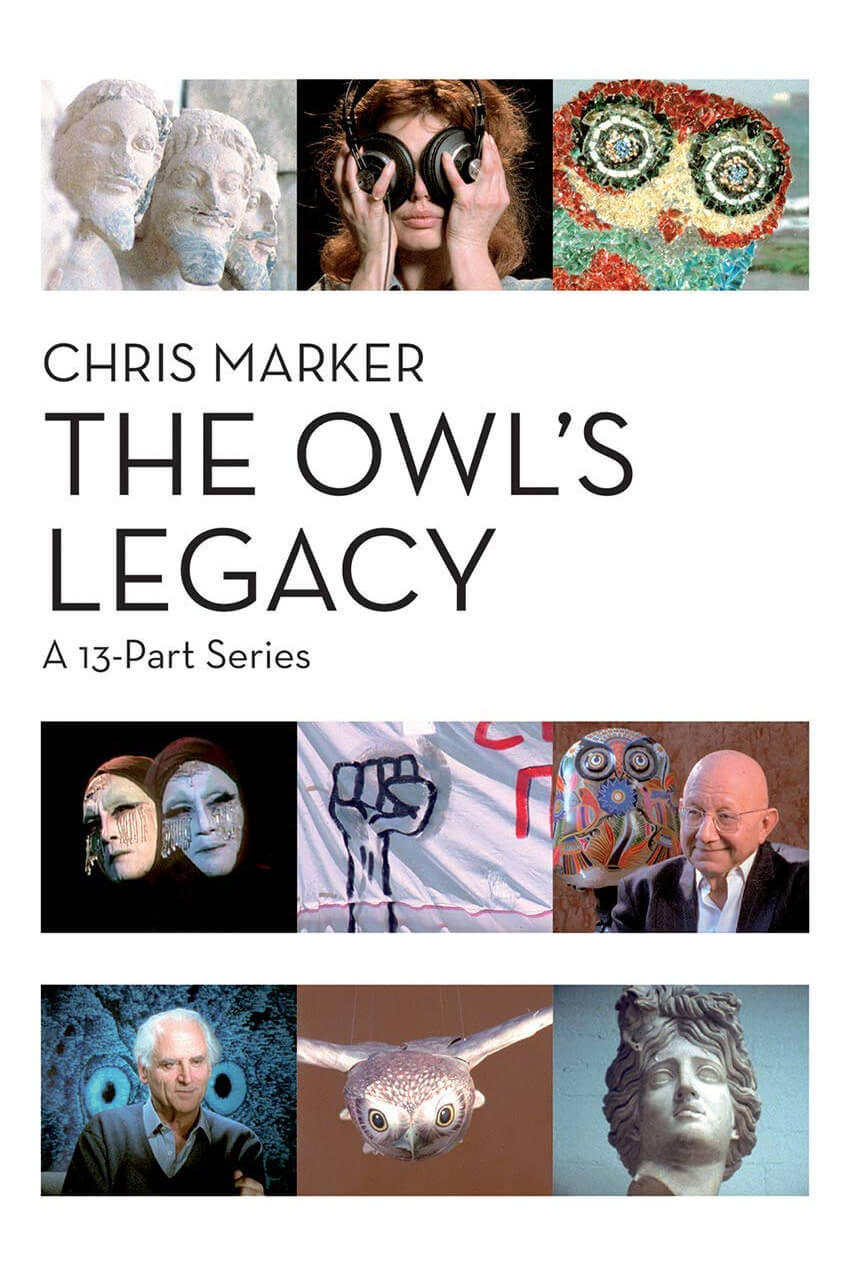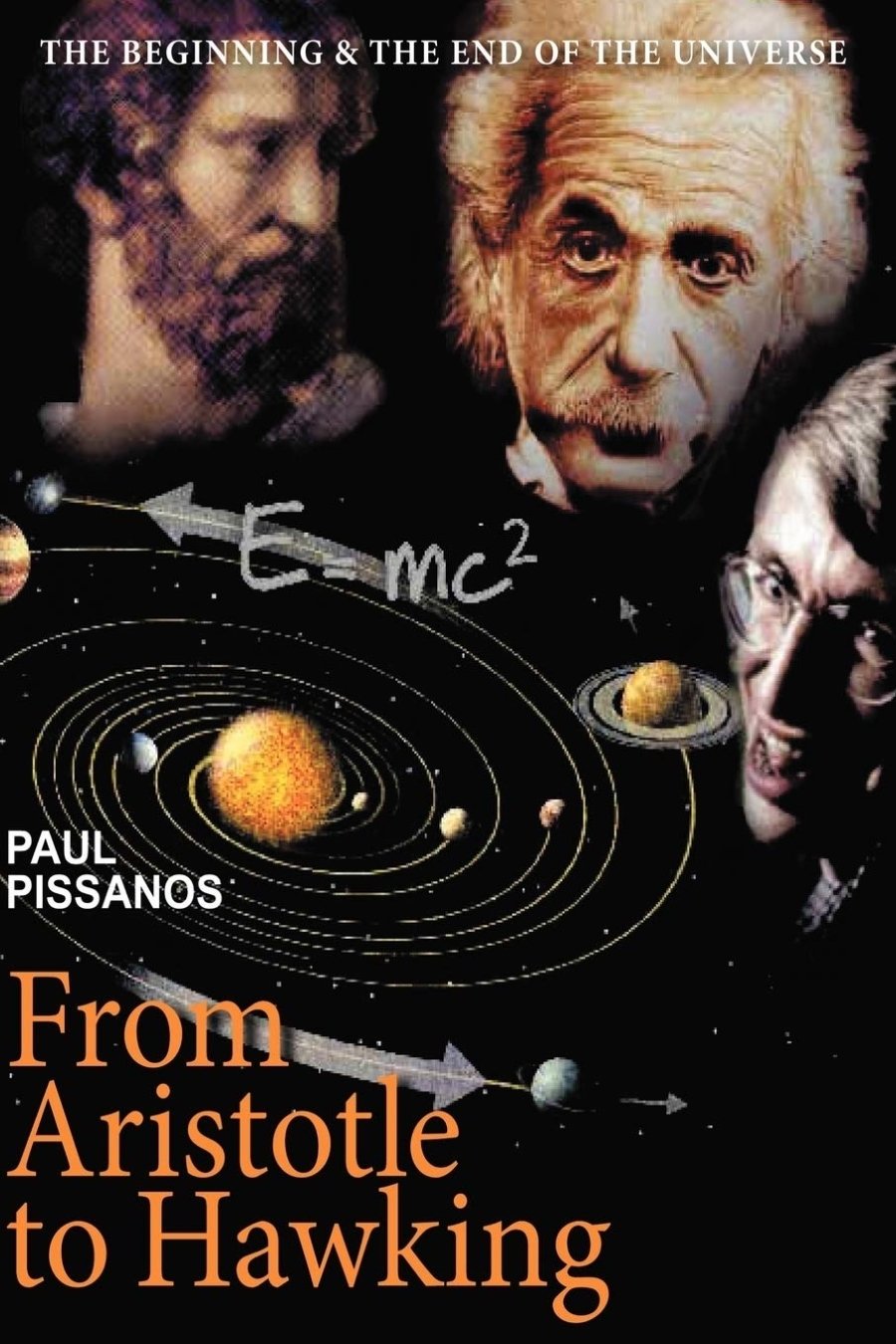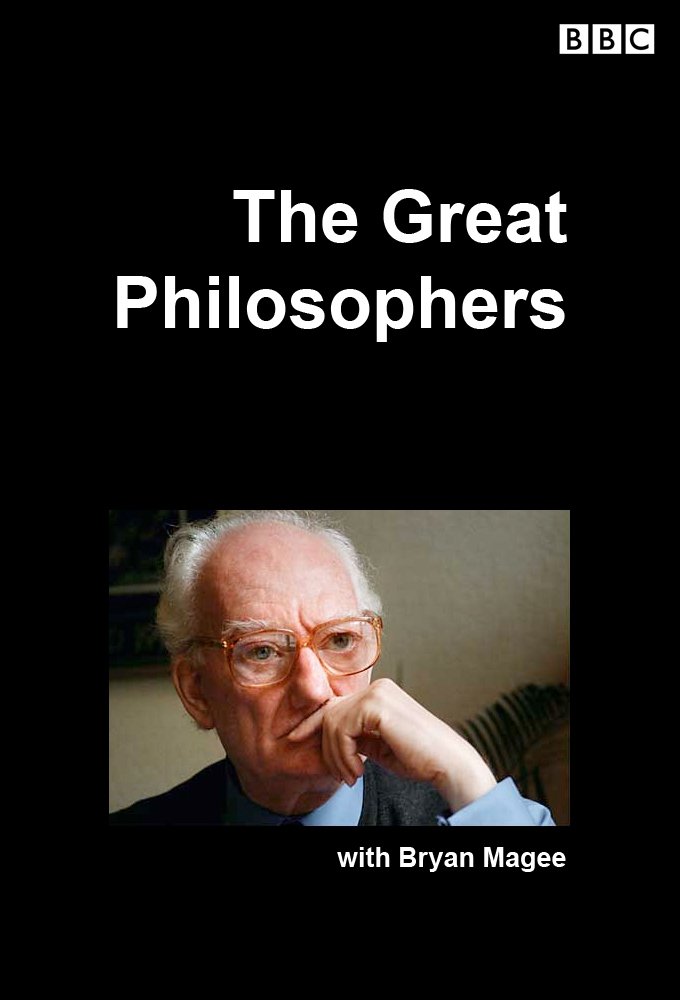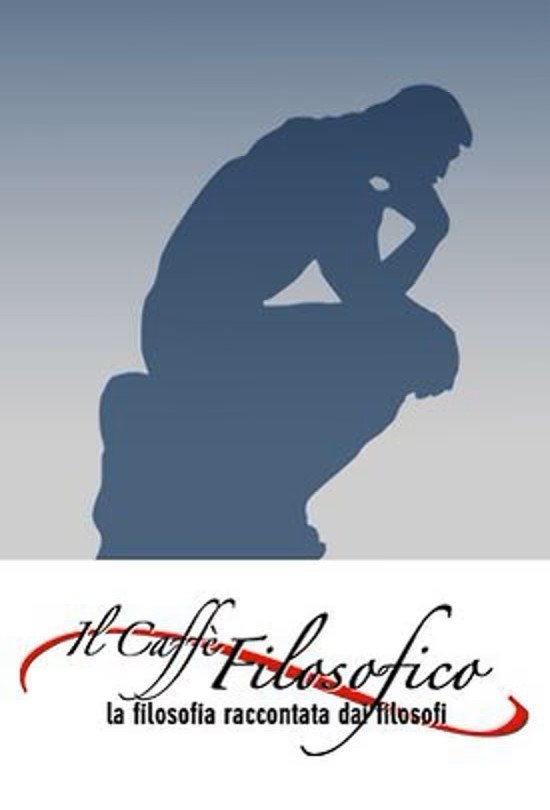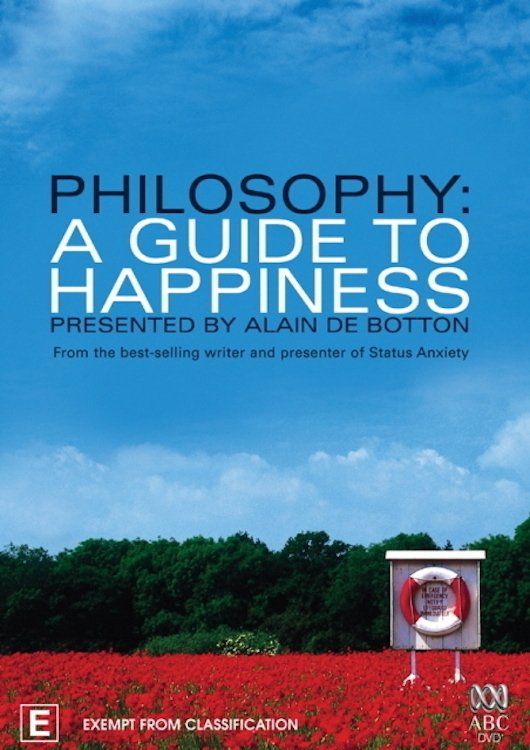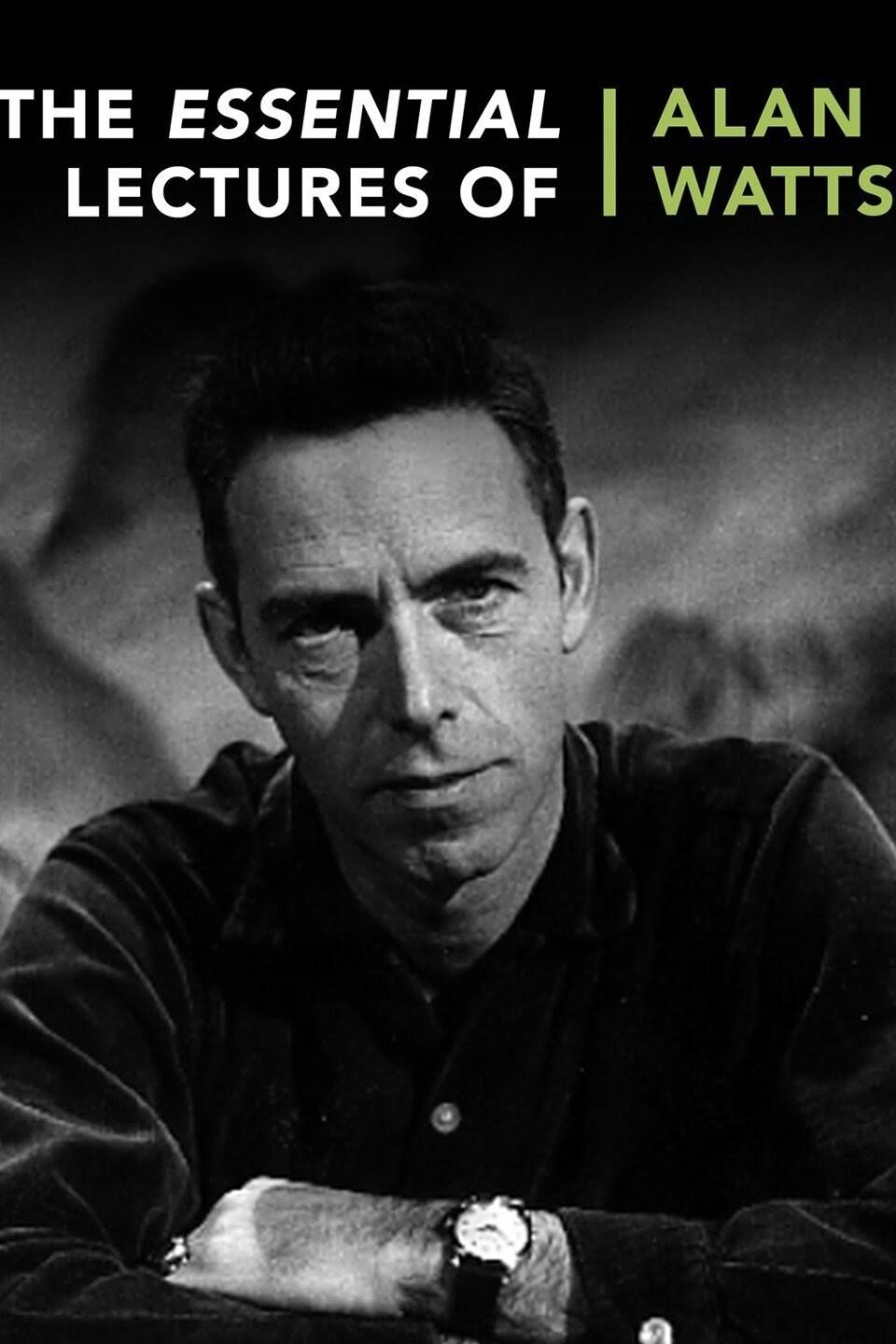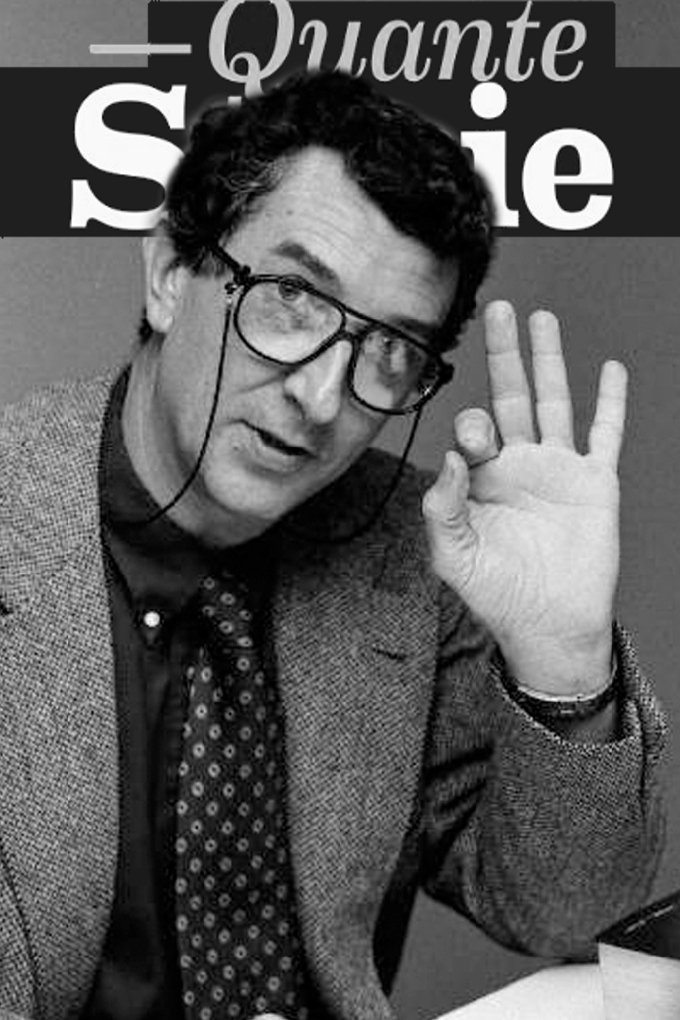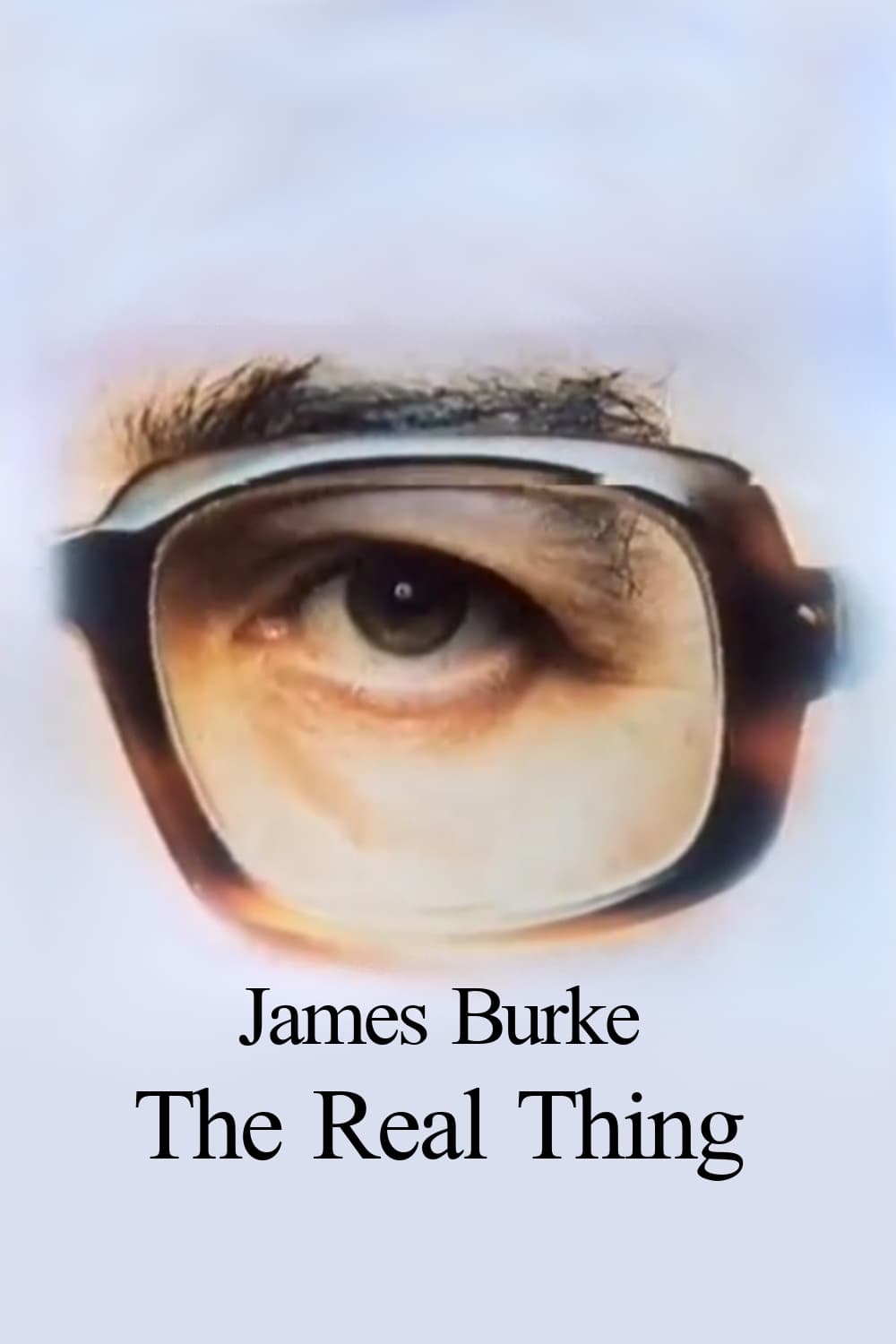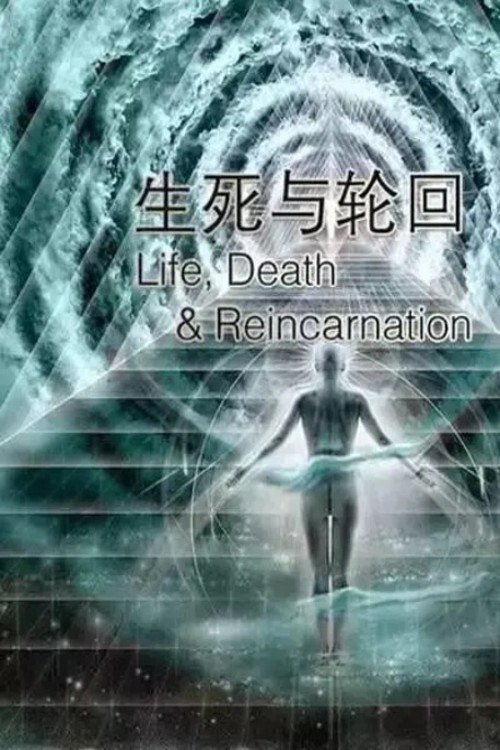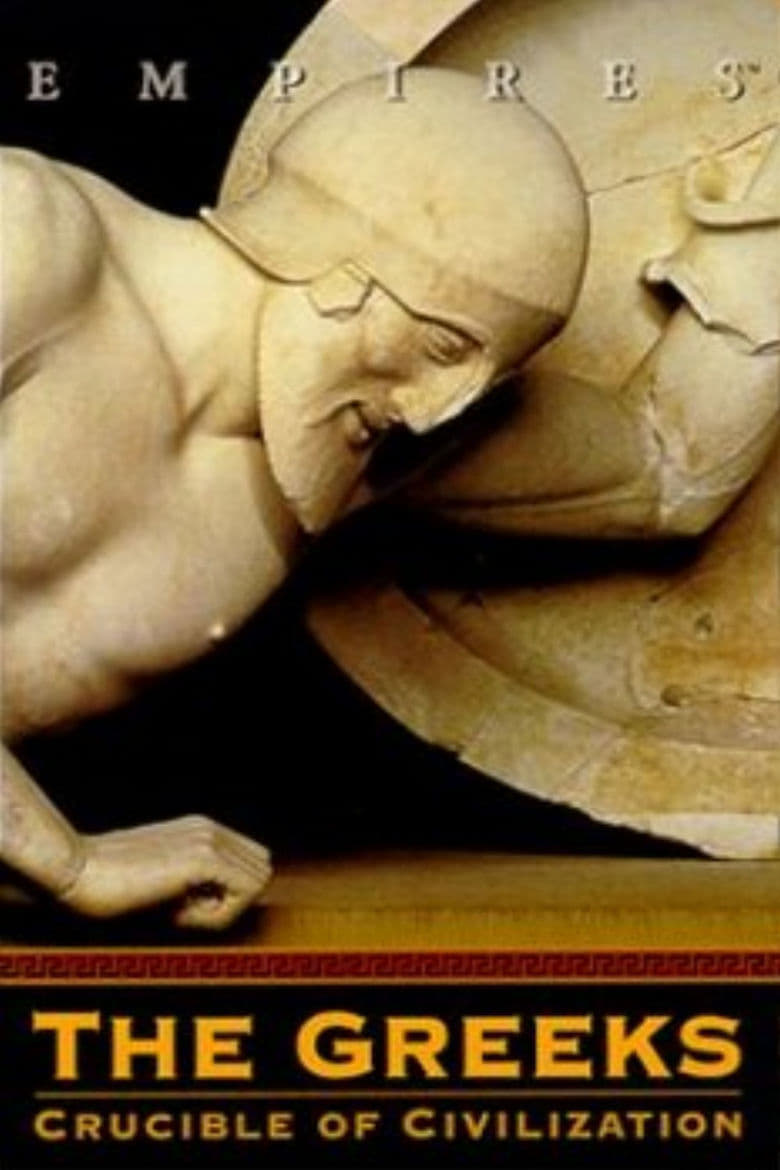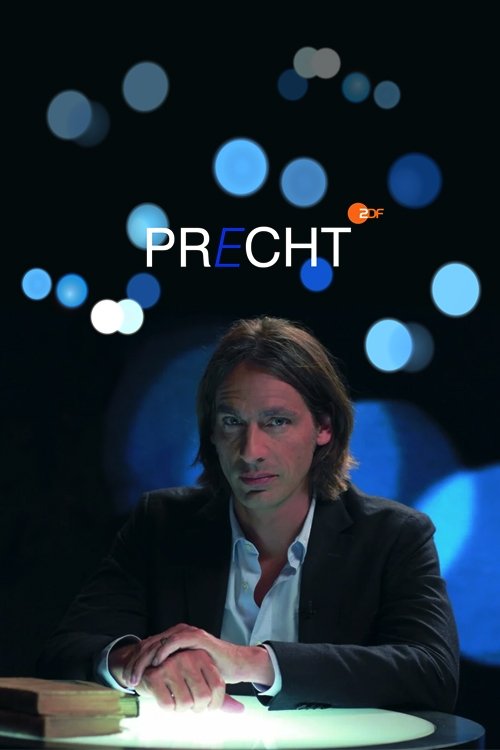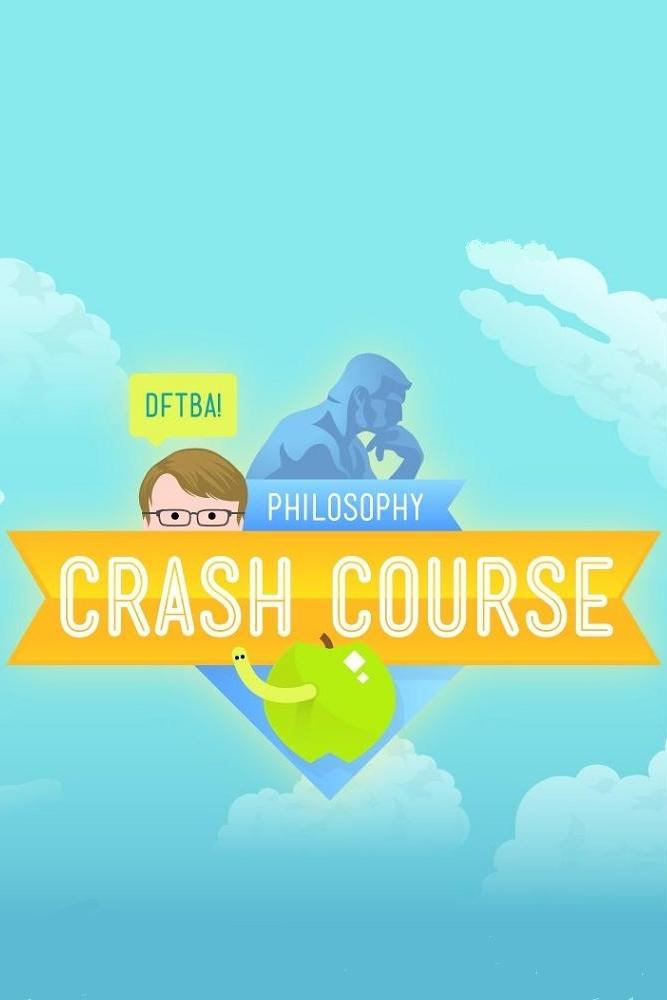
The Great Ideas of Philosophy, 2nd Edition
series not in production
Ended

Talk
Documentary
Seasons | 1
Episodes | 60
avg.Runtime | 30 min
First EP | 2004-01-01
Last EP | 2004-01-01
Overview
Stream on
These lectures offer a coherent and beautifully articulated introduction to the great philosophic conversation of the ages. They cover an enormous range of seminal thinkers and perspectives, but always from the vantage point of the enduring questions: What can we know? How ought we to act? How should we order our life together?
Created by
Produced by

The Teaching Company
Season List

season 1 || Lectures
Relesed on | 2004-01-01
These lectures offer a coherent and beautifully articulated introduction to the great philosophic conversation of the ages. They cover an enormous range of seminal thinkers and perspectives, but always from the vantage point of the enduring questions: What can we know? How ought we to act? How should we order our life together?
1

From the Upanishads to Homer
2004-01-01
Before ancient Greek civilization, the world hosted deep insights into the human condition but offered little critical reflection. Homer planted the seeds of this reflection.
2

Philosophy—Did the Greeks Invent It?
2004-01-01
The ancient Greeks were the first to objectify the products of their own thought and feeling and be willing to subject both to critical scrutiny. Why?
3

Pythagoras and the Divinity of Number
2004-01-01
How can we comprehend the very integrity of the universe and our place within it, if not by way of the most abstract relations?
4

What Is There?
2004-01-01
How many kinds of stuff make up the cosmos? Might everything, in fact, be reducible to one kind of thing?
5

The Greek Tragedians on Man’s Fate
2004-01-01
The ancient philosophers were only part of the rich community of thought and wonder that surrounded the world's first great dramatists and their landmark depth psychologies.
6

Herodotus and the Lamp of History
2004-01-01
Can history actually teach us? Herodotus looked at what he took to be certain universal human aspirations and deficiencies and concluded that indeed history could.
7

Socrates on the Examined Life
2004-01-01
Rhetoric wins arguments, but it is philosophy that shows us the way to our humanity.
8

Plato's Search For Truth
2004-01-01
If one knows what one is looking for, why is a search necessary? And if one doesn't know, how is that search even possible? Socrates versus the Sophists.
9

Can Virtue Be Taught?
2004-01-01
If virtue can be taught, whose virtue will it be? A look at the Socratic recognition of multiculturalism and moral relativism.
10

Plato's Republic—Man Writ Large
2004-01-01
This most famous of Plato's dialogues begins with the metaphor—or perhaps the reality—of the polis (community) as the expanded version of the person, with the fate of each inextricably bound to that of the other.
11

Hippocrates and the Science of Life
2004-01-01
Hippocratic medicine did much to demystify the human condition and the natural factors that affect it.
12

Aristotle on the Knowable
2004-01-01
Smith knows that a particular triangle contains 180 degrees because he has measured it, while Jones knows it by definition. But do they know the same thing?
13

Aristotle on Friendship
2004-01-01
If true friendship is possible only between equals, how equal must they be—and with respect to what?
14

Aristotle on the Perfect Life
2004-01-01
What sort of life is right for humankind, and what is it about us that makes this so?
15

Rome, the Stoics, and the Rule of Law
2004-01-01
The Stoics found in language something that would separate humanity from the animate realm, and that gave Rome a philosophy to civilize the world.
16

The Stoic Bridge to Christianity
2004-01-01
The Jewish Christians, Hellenized or Orthodox, defended a monotheistic source of law.
17

Roman Law—Making a City of the Once-Wide World
2004-01-01
Roman development of law based on a conception of nature, and of human nature, is one of the signal achievements in the history of civilization.
18

The Light Within—Augustine on Human Nature
2004-01-01
Thoughts and ideas from the fathers of the early Christian Church culminated in St. Augustine, who explores humanity's capacity for good and evil.
19

Islam
2004-01-01
What did the Prophet teach that so moved the masses? And how did the Western world come to understand the threat embodied in these Eastern "heresies"?
20

Secular Knowledge—The Idea of University
2004-01-01
Apart from trade schools devoted to medicine and law, the university as we know it did not come into being until 12th-century Paris.
21

The Reappearance of Experimental Science
2004-01-01
There were really two great renaissances. The first occurred at Oxford in the 13th century: the recovery of experimental inquiry by Roger Bacon and others.
22

Scholasticism and the Theory of Natural Law
2004-01-01
Thomas Aquinas's treatises on law would stand for centuries as the foundation of critical inquiry in jurisprudence.
23

The Renaissance—Was There One?
2004-01-01
From Petrarch in the south to Erasmus in the north, Humanistic thought collided with those seeking to defend faith.
24

Let Us Burn the Witches to Save Them
2004-01-01
Even in the time we honor with the title of Renaissance ran an undercurrent of a heady and ominous mixture of natural magic, natural science, and cruel superstition.
25

Francis Bacon and the Authority of Experience
2004-01-01
Francis Bacon would come to be regarded as the prophet of Newton and originator of modern experimental science.
26

Descartes and the Authority of Reason
2004-01-01
Descartes is remembered for "I think, therefore I am." With his work, the authority of revelation, history, and title was replaced by the weight of reason itself.
27

Newton—The Saint of Science
2004-01-01
In the century after Newton's death, the Enlightenment's major architects of reform and revolution defended their ideas in terms of Newtonian science and its implications.
28

Hobbes and the Social Machine
2004-01-01
As the idea of social science gained force, Hobbes's controversial treatise helped to naturalize the civil realm, readying it for scientific explanation.
29

Locke’s Newtonian Science of the Mind
2004-01-01
If all of physical reality can be reduced to elementary corpuscular entities, is the mind nothing more than comparable elements held together by something akin to gravity?
30

No matter? The Challenge of Materialism
2004-01-01
When Berkeley reacted to Locke with an extravagant critique of materialism, he unwittingly reinforced claims of skeptics he meant to defeat.
31

Hume and the Pursuit of Happiness
2004-01-01
David Hume was perhaps the most influential philosopher to write in English, carrying empiricism to its logical end and thus grounding morality, truth, causation, and governance in experience.
32

Thomas Reid and the Scottish School
2004-01-01
Thomas Reid was Hume's most successful and influential critic, with a common sense psychology that was both naturalistic and compatible with religious teaching and which reached America's founders.
33

France and the Philosophes
2004-01-01
The leading French thinkers of the 18th century—Voltaire, Rousseau, Condorcet, and Diderot—appealed directly to the ordinary citizen, encouraging skepticism toward traditional authority.
34

The Federalist Papers and the Great Experiment
2004-01-01
The extraordinary documents written in support of the proposed constitution represent a profound legacy in political philosophy.
35

What Is Enlightenment? Kant on Freedom
2004-01-01
Here the limits of reason and the very framework of thought complete—and in another respect undermine—the very project of the Enlightenment.
36

Moral Science and the Natural World
2004-01-01
Kant traced the implications of a human life as lived in both the natural world of causality and the intelligible world of reason (where morality arises).
37

Phrenology—A Science of the Mind
2004-01-01
In founding the now-discredited theory of phrenology, Franz Gall nevertheless helped define today's brain sciences.
38

The Idea of Freedom
2004-01-01
The idea of freedom developed by Goethe, Schiller, and other romantic idealists forms a central chapter in the Long Debate over whether or not science has overstepped its bounds.
39

The Hegelians and History
2004-01-01
Hegel's Reason in History and other works inspired a transcendentalist movement that spanned Europe, Great Britain, and the United States.
40

The Aesthetic Movement—Genius
2004-01-01
By the second half of the 19th century, the House of Intellect was divided between two competing perspectives: the growing aesthetic concept of reality and the narrowing scientific view.
41

Nietzsche at the Twilight
2004-01-01
A student of the classics, Nietzsche came to regard the human condition as fatally tied to needs and motives that operate at the most powerful levels of existence.
42

The Liberal Tradition—J. S. Mill
2004-01-01
When can the state or the majority legitimately exercise power over the actions of individuals? The modern liberal answer is set forth in the work of Mill, an almost unchallenged authority for more than a century.
43

Darwin and Nature’s “Purposes”
2004-01-01
From social Darwinism to sociobiology, the evolutionary science of the late 18th and 19th centuries dominates social thought and political initiatives.
44

Marxism—Dead But Not Forgotten
2004-01-01
After years of influence, the Marxist critique of society is now more a subtext than a guiding bible of reform.
45

The Freudian World
2004-01-01
Marx, Darwin, and Freud are the chief 19th-century architects of modern thought about society and self—each was nominally "scientific" in approach and believed their theories to be grounded in the realm of observable facts.
46

The Radical William James
2004-01-01
Mortally opposed to all "block universes" of certainty and theoretical hubris, James offered a quintessentially home-grown psychology of experience.
47

William James's Pragmatism
2004-01-01
Working in the realm of common sense, James directed the attention of philosophy and science to that ultimate arena of confirmation in which our deepest and most enduring interests are found.
48

Wittgenstein and the Discursive Turn
2004-01-01
Meaning arises from conventions that presuppose not only a social world but a world in which we share the interests and aspirations of others.
49

Alan Turing in the Forest of Wisdom
2004-01-01
Turing is famous for breaking Germany's famed World War II Enigma code, but, as a founder of modern computational science, he also wrote influentially about the possibilities of breaking the mind's code.
50

Four Theories of the Good Life
2004-01-01
The contemplative. The active. The fatalistic. The hedonistic. There are good but limited arguments for each of these.
51

Ontology—What There "Really" Is
2004-01-01
From the Greek ontos, there is a branch of metaphysics referred to as ontology, devoted to the question of "real being." Ontological controversies have broad ethical and social implications.
52

Philosophy of Science—The Last Word?
2004-01-01
Should fundamental questions, if they are to be answered with precision and objectivity, be answered by science? We consider Thomas Kuhn's influential treatise on scientific revolutions.
53

Philosophy of Psychology and Related Confusions
2004-01-01
Psychology is a subject of many and varied interests but narrow modes of inquiry. Today cognitive neuroscience is the dominant approach, but other schools have reappeared.
54

Philosophy of Mind, If There Is One
2004-01-01
The principal grounds of disagreement within the wide-ranging subject of philosophy of mind center on whether the right framework for considering issues is provided by developed sciences or humanistic frameworks.
55

What makes a Problem “Moral”
2004-01-01
Is there a “moral reality”? We examine especially David Hume’s rejection of the idea that there is anything “moral” in the external world.
56

Medicine and the Value of Life
2004-01-01
What guidance does moral philosophy provide in the domain of medicine, where life-and-death decisions are made daily?
57

On the Nature of Law
2004-01-01
Philosophy of law is an ancient subject, developed by Aristotle and elaborated by Cicero. We see how natural law theory has evolved through the Enlightenment and the writings of Jeremy Bentham and John Austin.
58

Justice and Just Wars
2004-01-01
Theories of the “just war,” beginning with St. Augustine and including St. Thomas Aquinas, Francisco de Vittoria, and Francisco Suarez, set forth principles by which engaging in and conducting war are justified.
59

Aesthetics—Beauty Without Observers
2004-01-01
The subject of beauty is among the oldest in philosophy, treated at length in several of the dialogues of Plato and in his Symposium, and redefined through history. What is beauty? Is there anything “rational” about it?
60

God—Really?
2004-01-01
We consider various theological arguments for and against belief in God, including those of Thomas Aquinas, Thomas Reid, and William James.
CREW
“I would rather entertain and hope that people learned something than educate people and hope they were entertained.” – Walt Disney

